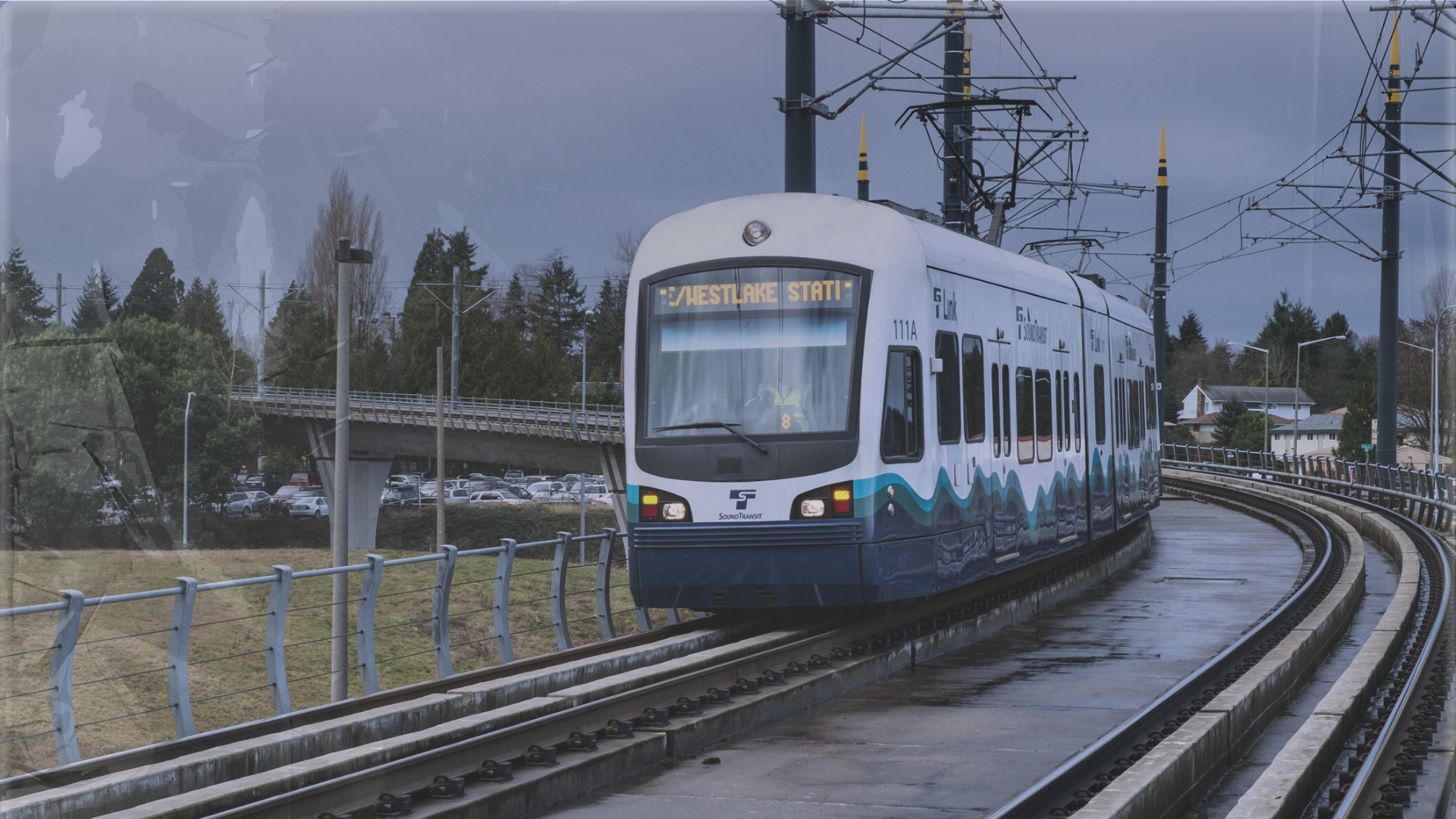![]() Download the full legislative memo here
Download the full legislative memo here
Key Findings
- As people continue to receive enormous car tab overcharges, they have asked their state and local officials for tax relief.
- Senate Bill 5955/House Bill 2201 and Senate Bill 6303 are three bills that would provide varying degrees of car tab tax relief to the public. On balance, Senate Bill 6303 offers a stronger and more fair solution for taxpayers.
- Senate Bill 5955/House Bill 2201 and Senate Bill 6303 allow a retroactive credit for overcharges that people paid in 2017. A retroactive credit should be a part of any car tab tax bill that seeks to bring relief to taxpayers, as tax overcharges paid to Sound Transit in 2017 remain unfair and should be returned.
- Unlike other car tab legislation, Senate Bill 6303 would provide families with real financial relief by reducing the car tab tax rate to 0.5 percent as a part of its credit calculation. As a result, it would give taxpayers greater reprieve from high taxes, and would hold Sound Transit financially responsible for deceiving lawmakers and voters regarding the car tab increase.
- Sound Transit officials should not be paid back by the state for any car tab tax relief provided to the public. Rewarding Sound Transit officials for overcharging taxpayers, rather than holding the agency accountable to stop dishonest taxing practices, is poor public policy and erodes public trust.
- Sound Transit officials can provide tax relief immediately, without any legislative action, by paying off their old Sound Move bonds now rather than in 2028.
- Protecting families who are being unfairly taxed is more important than protecting the political and financial interests of a public transit agency.
Introduction
Sound Transit is a regional transit agency that imposes heavy taxes and builds and operates Link light rail, Sounder commuter rail, and express buses in parts of King, Pierce, and Snohomish counties. The taxes it imposes include a motor vehicle excise tax (1.1 percent), sales and use tax (1.4 percent), and property tax ($25 per $100,000 of assessed value).
Sound Transit officials sought and received their taxing authority from the state legislature. They then pushed for tax increases through three ballot measures: Sound Move in 1996, Sound Transit 2 in 2008, and Sound Transit 3 in 2016. The greatest increase came in 2016 with the passage of the $54-billion Sound Transit 3 (ST3). Agency officials secured a 0.8 percent motor vehicle excise tax increase on top of their existing 0.3 percent, bringing the total tax to 1.1 percent.
When taxpayers in these three counties started receiving car tab renewals in 2017, they were shocked to find out their Sound Transit-imposed car tab tax was far higher than what officials led them to expect.
The public and lawmakers then learned that Sound Transit officials failed to inform voters that the agency collects maximum tax revenue on cars less than 10 years old by choosing to use an outdated, repealed depreciation schedule in state law from 1996. The flawed schedule inflates the value of vehicles by taking their manufacturer’s suggested retail price (MSRP) rather than their fair market value, and depreciating the vehicle at a rate that does not reflect its real value over time. As a result, the taxable amount is much larger and allows Sound Transit to collect maximum tax revenue from the public until 2028, when the 0.3 percent Sound Move car tab tax expires.
Sound Transit officials insist that they were honest with voters and lawmakers about the car tab increase, but a legislative investigation launched in late 2017 found that this was not the case.
Although several bills were proposed in 2017 to correct the unfair car tab overcharges, lawmakers were not able to come to an agreement. Lawmakers are trying to find a fix again in 2018, with legislation that tackles the tax overcharges from different angles. This Legislative Memo seeks to list some of these proposed ideas, and provide an analysis as to whether these proposals represent good or bad public policy.
![]() Download the full legislative memo here
Download the full legislative memo here





